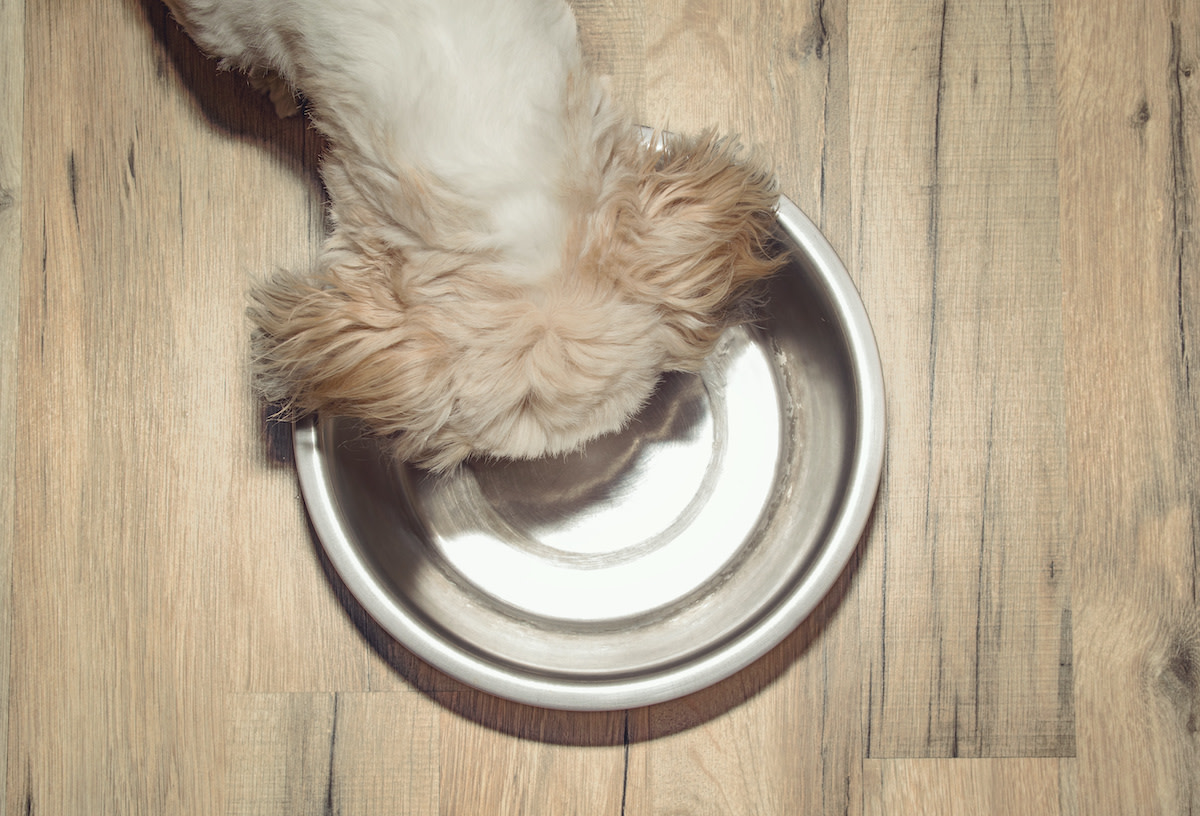Can Dogs Eat Sardines? Potential Benefits and Precautions
Written by MasterClass
Last updated: Mar 29, 2022 • 3 min read
Dogs can eat sardines, though you should consider a few factors before offering the fish to your pet. Follow these tips and safely add sardines to your dog’s diet.
Learn From the Best
Can Dogs Eat Sardines?
Yes, dogs can eat sardines. The oily fish has anti-inflammatory properties and offers vitamins and nutrients to boost your dog’s health and immune system. You can add sardines to your dog’s diet to help introduce healthy fish oils and provide an additional protein source for your furry friend.
Can Dogs Eat Canned Sardines?
Yes, dogs can eat canned sardines or tinned sardines in small portions. However, oily foods can cause stomach upset, digestive issues like pancreatitis, or weight gain, so opt for sardines packed in spring water rather than olive or coconut oil or prepare fresh sardines instead. Avoid sardines packed in tomato sauce, and make sure the sardines are free of added salt or seasonings.
3 Health Benefits of Sardines for Dogs
Sardines have several health benefits for your pooch. They are:
- 1. A good source of protein: Sardines have plenty of protein that can help promote muscle growth in your dog’s body.
- 2. Full of essential vitamins and nutrients: Your dog can get many essential nutrients, amino acids, minerals, and vitamins from eating sardines. They are a great source of taurine, calcium, coenzyme Q10, calcium, copper, vitamin B12, vitamin D, manganese, phosphorus, zinc, and selenium.
- 3. Rich in omega-3 fatty acids: The healthy omega-3 fatty acids found in sardines can help improve your dog’s memory, brain functions, and eyesight.
3 Potential Health Risks of Sardines for Dogs
There are a few factors to consider before feeding your dog sardines. Potential risks include:
- 1. Choking hazard: Sardine bones in larger fish can be a choking hazard for large or small dogs. Check fresh sardines for larger bones and remove them before feeding sardines to your dog. Canned options contain small sardines with soft bones, so these pose less of a risk, but still monitor your dog for choking.
- 2. Mercury poisoning: All fish have trace amounts of mercury that can potentially cause mercury poisoning, although the risks are low. Larger fish like mackerel tend to have much higher mercury levels than small fish like anchovies and sardines, so you can safely feed small sardines to your dog in moderation.
- 3. Weight gain: Sardines canned in oils have a high-fat content, so opt for fresh sardines or sardines canned in water and offer the fish to your pet in moderation to prevent unhealthy weight gain.
How to Safely Feed Sardines to Dogs
You can feed fresh sardines to your dog raw or cooked. If cooking fresh sardines, steam them instead of frying them in oil, as the extra oil can lead to health issues for your pet. Check for large bones and remove them as they can be a choking hazard.
If you prefer to feed your dog a can of sardines, opt for fish packed in water rather than olive oil or tomato sauce, and check to make sure the fish is free of added salt or other seasonings. Open the can and feed the tinned sardines to your dog as-is or mix them into homemade dog food or store-bought kibble. Always feed sardines to your dog in small amounts to prevent stomach upset or weight gain.
Before Sharing With Your Pooch
Certain human foods can cause adverse reactions in canines, so always consult your veterinarian to determine whether it is safe to add these foods to your pet’s diet. This article is for educational and informational purposes and is not a substitute for medical or dietary advice.
Want to Learn More About Training the Goodest Boy or Girl?
Your dream of having a dog who understands words like “sit,” “stay,” “down,” and—crucially— “no” is just a MasterClass Annual Membership away. The only things you’ll need to train up a well-behaved pup are your laptop, a big bag of treats, and our exclusive instructional videos from superstar animal trainer Brandon McMillan.
